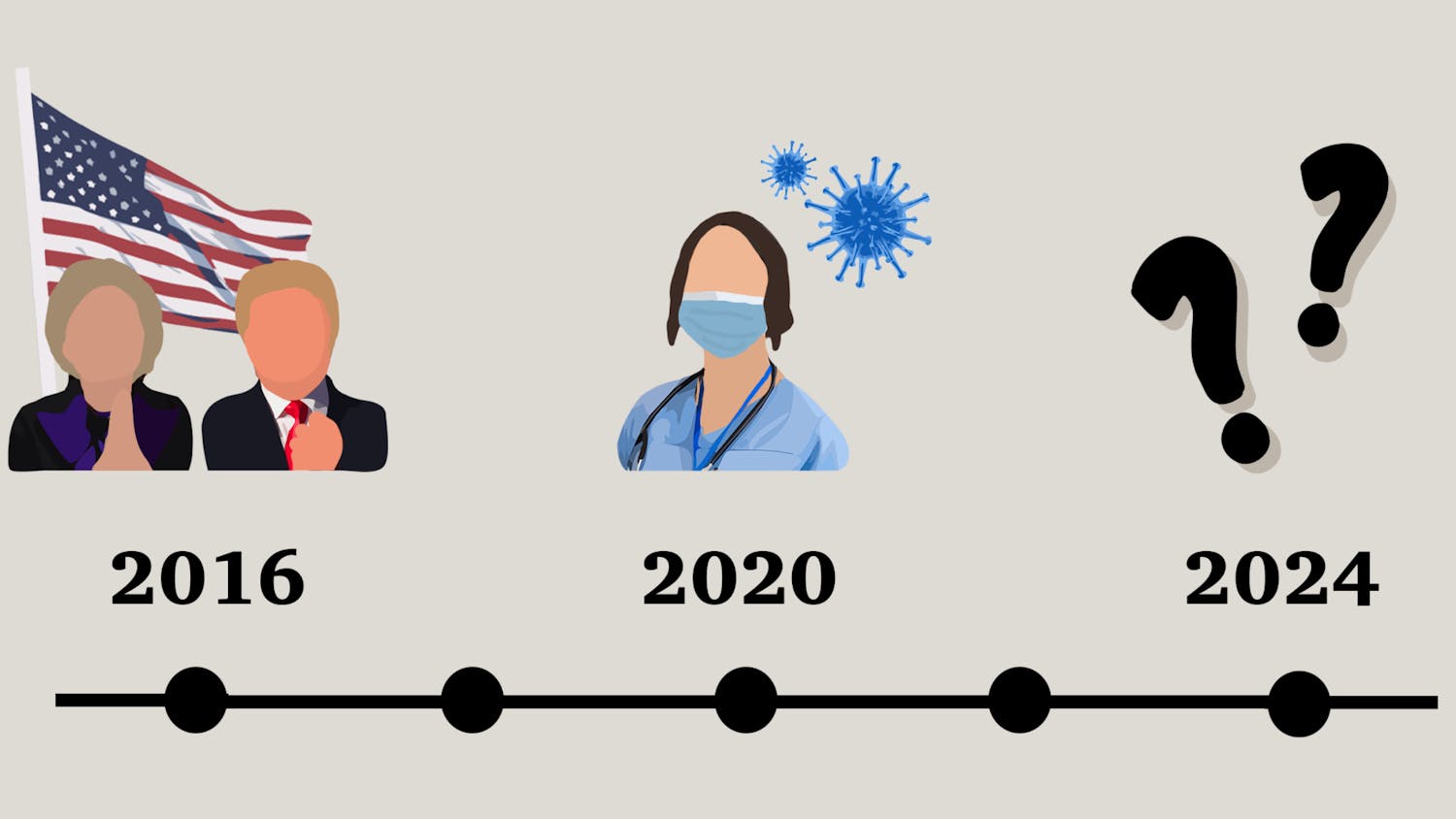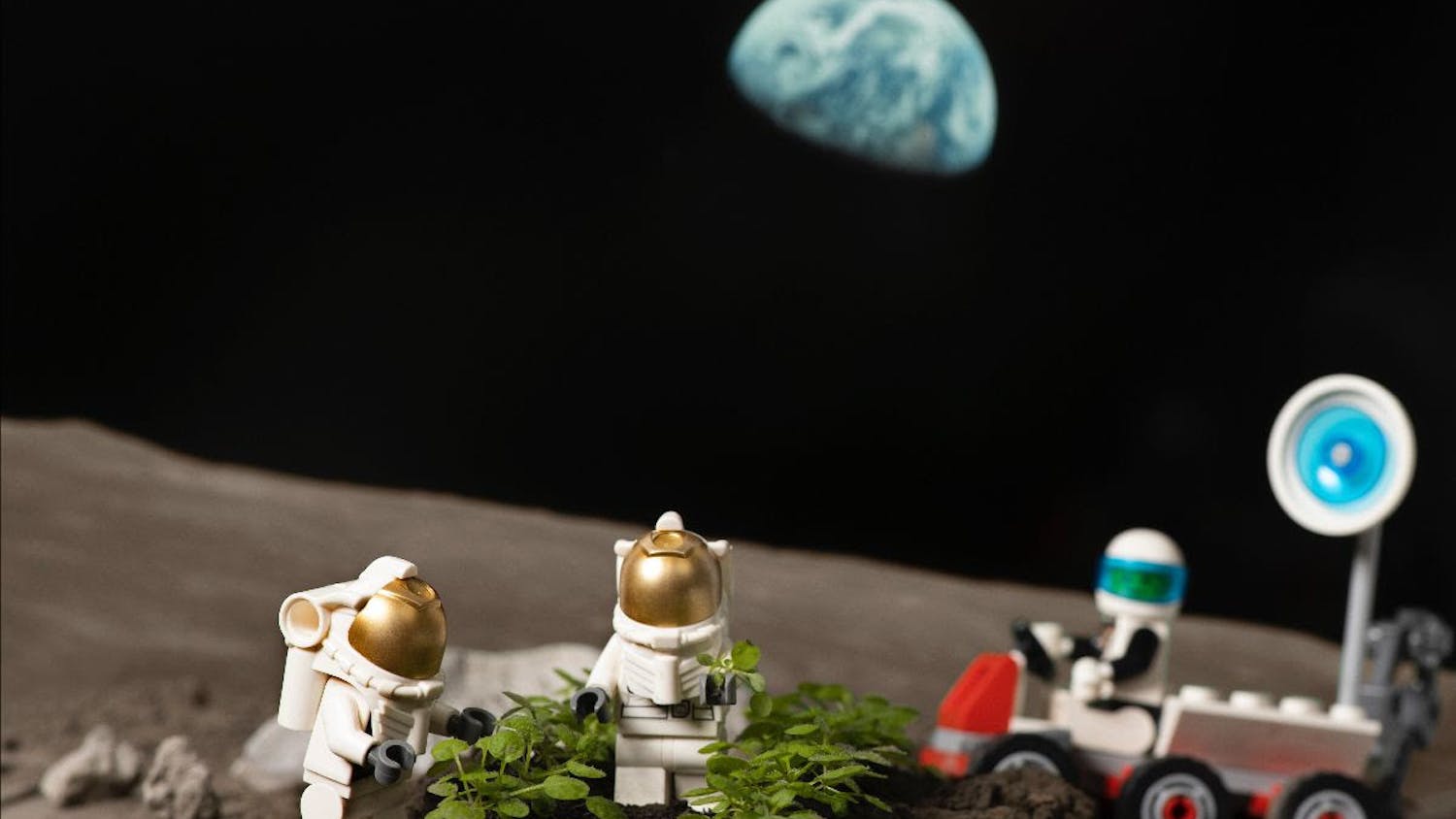Our sun is amazing. It keeps us warm and keeps things lit. It’s pretty much the best thing to happen to this solar system since sliced bread — well, before sliced bread, to be exact. I guess you could say we’re the sun’s Goldilocks child because to date, we are the only planet with observable life in our solar system.
This is because Earth is the perfect distance from the sun, where we will not all freeze to death nor get scorched alive. The sun comprises approximately 99.8 percent of the mass of our solar system.
Astronomers have a scale for the size of stars, labeled conveniently by the acronym O.B.A.F.G.K.M. Starting with “O,” the classification lists in descending order from brightest to dimmest. On this list, our sun ranks up to a staggering G. Meaning, it’s not too big and not too bright.
Our sun is only one of 100 billion stars in our galaxy. The next nearest star to us is 4.2 light years away. Each star has some sort of orbiting body. Therefore there are possibly billions of other planets out there. And that’s just in our own galaxy.
The Hubble Space Telescope estimates that there are hundreds of billions of galaxies in our universe. To put it in perspective, we are one of eight planets — a rather small planet at that — that revolves around a star, which is one of more than a billion stars in a galaxy and one of a billion galaxies in our universe.
With all the technology we have today, scientists still have not found evidence of current flourishing life on other planets. The odds are against us though, due to the amount of unknown that exists in space. This is why most scholars say we simply cannot be alone in the cosmos. For the time being though, we have no proof. We may never find proof, making our planet, abundant with life, all that more rare and precious.
Yet here we are, destroying the Earth.
It’s a disastrous ecological domino effect. Carbon dioxide emissions from cars, aerosol, greenhouse gases and burning of fossil fuels are contributing to the hole in the ozone layer.
Deforestation by the masses is taking away one of the only resources that can convert the CO2 into oxygen. This ozone hole is allowing the sun to come in hotter and brighter. That means stronger UV rays, causing problems such as more probable skin cancer all the way to reproductive problems in marine life.
This heat is also melting our ice caps, devastating wildlife and ruining agricultural cycles. We all might lovingly refer to this as global warming.
The whole point of this column was to show how insignificant our place in the universe is, but through that, how significant it really becomes.
We cannot ruin the only place to survive lest we risk the extinction of our kind. It will not happen in our lifetimes, but one day humanity will find themselves using resources far too quickly and will be lost in terms of what to do next.
We are the future, and we have to care about this. It’s our responsibility.
Many UF graduates will go on to become chemists, engineers or will hold public office. We can figure out alternative methods of energy through technology and policy making.
But it’s up to us to recognize and repair. It’s cliche, but we’ve got the whole world in our hands.
We’ve got one Earth, folks. Let’s be sure not to drop it.
[Rachel Kalisher is a UF anthropology and classics junior. Her columns usually appear on Tuesdays. A version of this column ran on page 6 on 2/19/2014 under the headline "Protect Earth and her scarce resources"]





